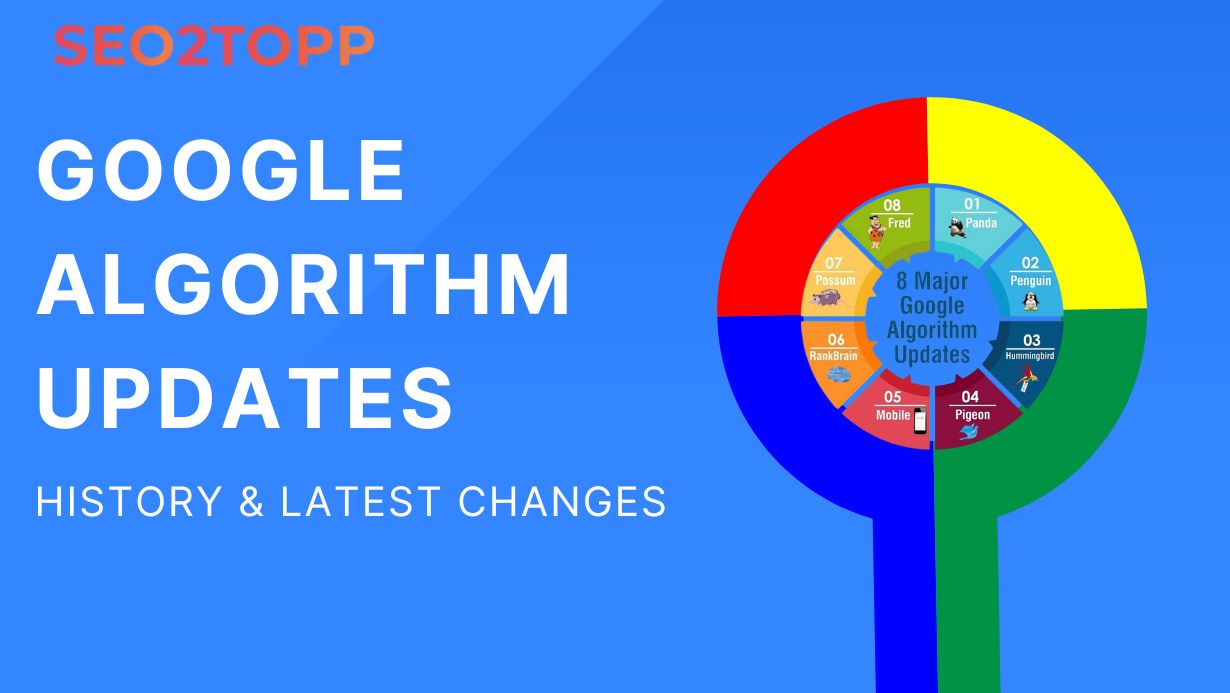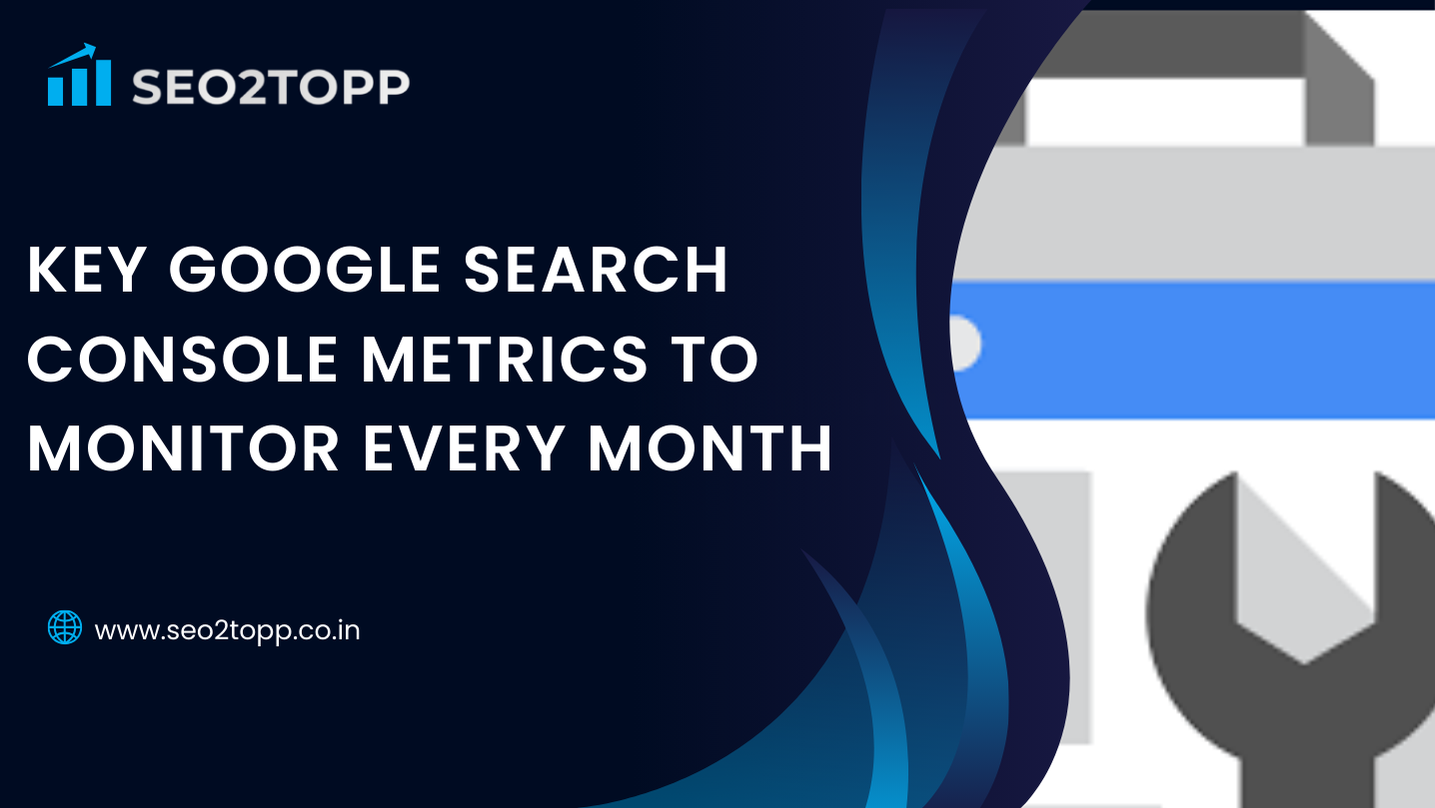Google’s algorithm updates are essential for ensuring that the search engine delivers the most relevant, high-quality content to its users. Over the years, these updates have evolved from minor tweaks to comprehensive changes that affect search engine results pages (SERPs) on a global scale. With each update, the focus shifts towards improving user experience by promoting quality content and addressing spam, low-value sites, or manipulative SEO practices. From the major shifts brought by the Panda and Penguin updates to the more recent core updates and AI-powered changes, understanding these updates is crucial for SEO professionals and businesses aiming to maintain or improve their online visibility.
Key Takeaways:
Google algorithms play a vital role in ranking websites based on relevance and quality, with thousands of changes occurring annually.
Core updates are significant changes aimed at improving how Google evaluates and ranks websites, often affecting SERPs globally.
Spam updates target manipulative SEO tactics, such as unnatural links or keyword stuffing, ensuring users get reliable and credible results.
AI-driven updates, like the introduction of AI overviews, mark a new era in search technology, shaping how content is analyzed and ranked.
SEO professionals should stay updated on algorithm changes to adapt their strategies and maintain website rankings effectively.
Introduction to Google Algorithms:
Google algorithms are a complex system designed to retrieve data from its search index and deliver the best possible results for any given query. In its early years, Google only made occasional updates to its algorithms. However, today, Google makes thousands of changes each year, ranging from minor tweaks to major updates that significantly impact search engine results pages (SERPs). Understanding these updates is critical for SEO professionals, businesses, and marketers who rely on maintaining or improving their online visibility.
Evolution of Google Algorithm Updates:
In its infancy, Google’s algorithm updates were relatively infrequent but impactful. One of the first notable updates was Florida in 2003, which targeted spammy SEO tactics like keyword stuffing and link manipulation. Over time, as the internet evolved and SEO tactics became more sophisticated, Google had to step up its game with more complex updates like Panda, Penguin, and Hummingbird.
Today, Google’s algorithm updates fall into several categories:
Core Updates: These are broad changes to how Google evaluates content, often leading to shifts in rankings across a wide range of websites.
Spam Updates: These updates target websites using manipulative SEO practices, like link schemes or low-quality content, to artificially boost rankings.
AI-Driven Updates: As artificial intelligence becomes more integrated into Google’s systems, updates involving machine learning and natural language processing are becoming increasingly common.
Let’s explore some of the most important algorithm updates Google has rolled out in recent years.
Major Algorithm Updates Over the Years
August 2024 Core Update:
The August 2024 Core Update is one of Google’s most recent major updates, focusing on promoting high-quality content while demoting low-value SEO content. This update took about a month to roll out and had a noticeable impact on search rankings. Websites that prioritize creating valuable, user-focused content saw improvements, while those relying on outdated SEO practices experienced drops in rankings.
As Google’s algorithms evolve, content quality becomes increasingly important. SEO professionals must focus on creating informative, engaging, and trustworthy content to maintain strong rankings.
June 2024 Spam Update:
Spam updates like the June 2024 Spam Update are essential for combating manipulative practices in SEO. This particular update focused on eliminating spammy content from SERPs, including sites that use keyword stuffing, unnatural link schemes, and low-quality content farms. The update took a week to roll out and affected websites using black-hat SEO techniques.
Spam updates emphasize the need for ethical SEO practices. Websites relying on manipulative tactics should shift towards more authentic, user-friendly approaches to avoid penalties.
AI Overviews (May 2024):
In May 2024, Google introduced AI-generated summaries, also known as AI overviews, using its Gemini model specifically designed for search. These overviews provide users with concise, AI-generated answers to their queries, directly within the SERPs. This feature is part of Google’s broader push to incorporate artificial intelligence into its search algorithms, offering users more accurate and helpful information.
The rise of AI in search algorithms highlights the need for businesses to optimize their content for machine learning systems. Structured data, semantic search, and high-quality content are becoming increasingly important for maintaining visibility.
March 2024 Core Update:
The March 2024 Core Update focused on addressing low-quality content and introduced new policies to combat spam and manipulative practices. This update was particularly notable for its focus on deindexing hundreds of websites that failed to meet Google’s quality guidelines. The rollout took 45 days to complete, making it one of the most extensive core updates in recent years.
This update serves as a reminder that content quality, relevance, and user experience are paramount. Websites with outdated, low-quality content may face deindexing, leading to significant drops in traffic.
Impact of Google’s Algorithm Updates
Enhancing User Experience: One of the primary goals of Google’s algorithm updates is to enhance user experience by delivering the most relevant, high-quality content possible. Updates like Mobilegeddon and the Page Experience Update emphasize the importance of website performance, mobile-friendliness, and overall user experience. As more users access the internet via mobile devices, Google continues to prioritize websites that offer fast, responsive, and user-friendly experiences.
Fighting Spam and Manipulative Tactics: Spam updates, including those rolled out in 2023 and 2024, target websites that attempt to game the system through unethical SEO practices. These updates are part of Google’s ongoing effort to ensure that search results are filled with reliable, accurate, and trustworthy content.
Black-hat SEO techniques like keyword stuffing, unnatural links, and cloaking are increasingly risky. Websites engaging in these practices are likely to face penalties or even be removed from Google’s index altogether.
Adapting to Algorithm Updates
SEO Best Practices
To thrive in the constantly changing world of Google algorithms, SEO professionals must stay updated on the latest changes and adapt their strategies accordingly. Some key practices to consider include:
Focus on Content Quality: High-quality, informative, and engaging content is essential for maintaining strong rankings. Avoid thin content, keyword stuffing, or content created purely for SEO purposes.
Prioritize User Experience: Website performance, mobile-friendliness, and page experience are becoming increasingly important. Ensure that your website is fast, responsive, and easy to navigate.
Ethical Link Building: Avoid manipulative link schemes and focus on building natural, high-quality backlinks from reputable sources.
Optimize for AI and Voice Search: As Google continues to incorporate AI into its algorithms, optimizing for machine learning and voice search will become more important. Use structured data, answer common user questions, and ensure your content is easy for machines to understand.
Monitoring and Recovery: After major updates like the March 2024 Core Update, some websites may experience significant drops in rankings. If your website is negatively affected, it’s important to review Google’s guidelines, identify areas for improvement, and make necessary adjustments. In many cases, improving content quality, addressing technical issues, and building trust through ethical SEO practices can help recover lost rankings over time.
Conclusion:
Google’s algorithm updates are essential to ensuring that users receive the best possible results for their search queries. From early updates like Florida to more recent developments like AI overviews and core updates, Google’s constant evolution requires SEO professionals and businesses to stay informed and agile. By focusing on content quality, ethical SEO practices, and user experience, websites can continue to thrive despite the ever-changing landscape of Google’s search algorithms.
Google will continue to refine and enhance its search algorithms, making it essential for SEO professionals to stay updated on the latest changes. By adapting to these updates and focusing on providing valuable, user-centric content, businesses can ensure their websites remain visible and competitive in search rankings.
For information like this, follow Seo2topp your go-to resource for the latest SEO news, algorithm updates, and expert insights. Stay ahead of the competition by keeping up with our guides, tips, and strategies designed to help you optimize your online presence and achieve top search rankings.











Leave a Reply